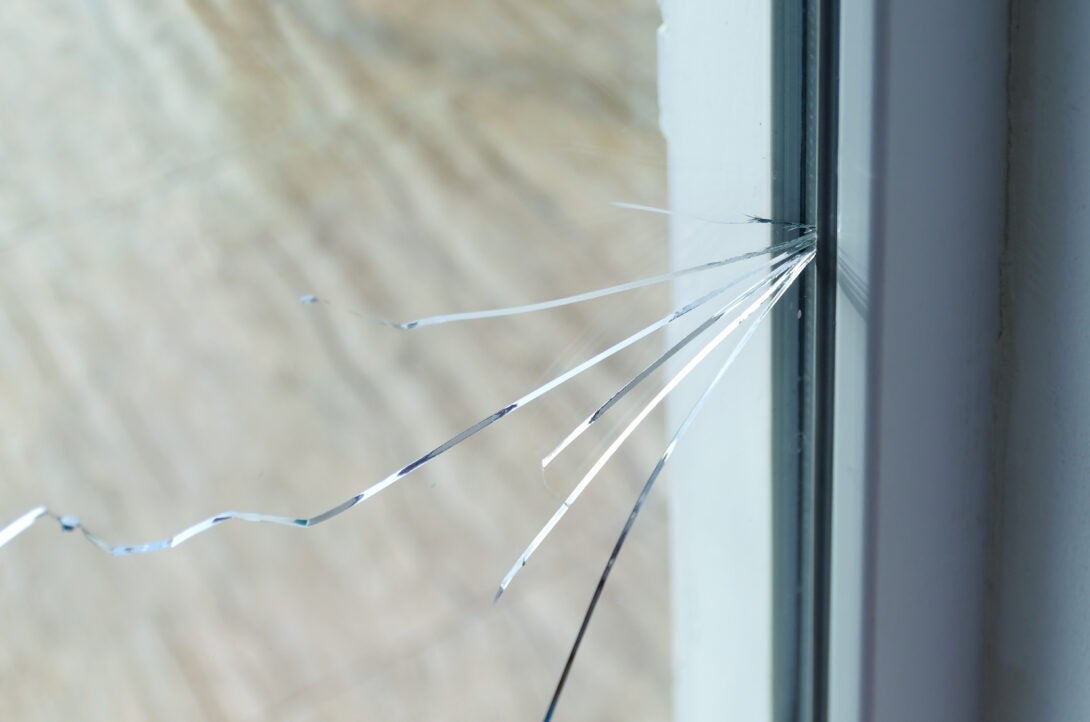Investigating energy loss through windows
1

Cracked windows and joints play a major role in a building’s heating and cooling energy loss costing homeowners and renters hundreds of dollars every year.
In an effort to understand how much energy is lost and how it impacts people, CME Assistant Professor Aslihan Karatas is measuring air leakage before and after new windows are installed on homes in the Chicago region.
The research is supported by a continuation grant from Oak Ridge National Laboratory (ORNL) titled project titled “Analyzing the Impact of Air Leakage on Energy Consumption in Residential Houses.”
Last year, Karatas and her team surveyed ten houses to get an initial understand window leakage rates. With the grant continuation, they will survey an additional 10 houses to increase and improve their database, which will help them make better predictions about the impact of window replacement on the houses, air leakage, and air infiltration.
“This data does not exist and we don’t know the impact of window replacement to the overall efficiency of the buildings itself,” said Karatas, who is the director of the Built Environment and Infrastructure Laboratory at UIC. “We do know we can measure the overall leakage of the houses or buildings itself. But we don’t know specifically for windows how much they are contributing to the overall leakage.”
The researchers are specifically selecting single family homes where all of the windows are being replaced. Before any work is started, they conduct a blower door test, which measures information about the air change per hour rates. After the windows are replaced, Karatas and her team visit the house and take the measurements one more time.
“The differences between before and after air leakage information will give us the contribution of the windows to the overall house leakage information,” she said. “If you have a leaky house, you basically crank up your furnace or boiler, and that creates higher utility bills and more financial burden.”
In addition to examining the financial aspects of the research, the researchers are considering how windows impact occupants’ health.
“Air leakage affects more than just energy consumption in buildings; it’s also crucial for indoor air quality, which directly impacts health,” she said.
She noted that with leaky windows can allow pollutants such as wildfire smoke, heat during extreme weather, or cold air during a polar vortex to infiltrate a home, degrading indoor air quality and potentially harming residents.
“Windows are more than just a barrier between you and the outdoors—they have many secondary impacts.” Karatas said. “The insights could eventually contribute to broader public awareness about the importance of maintaining window systems for health and comfort.”